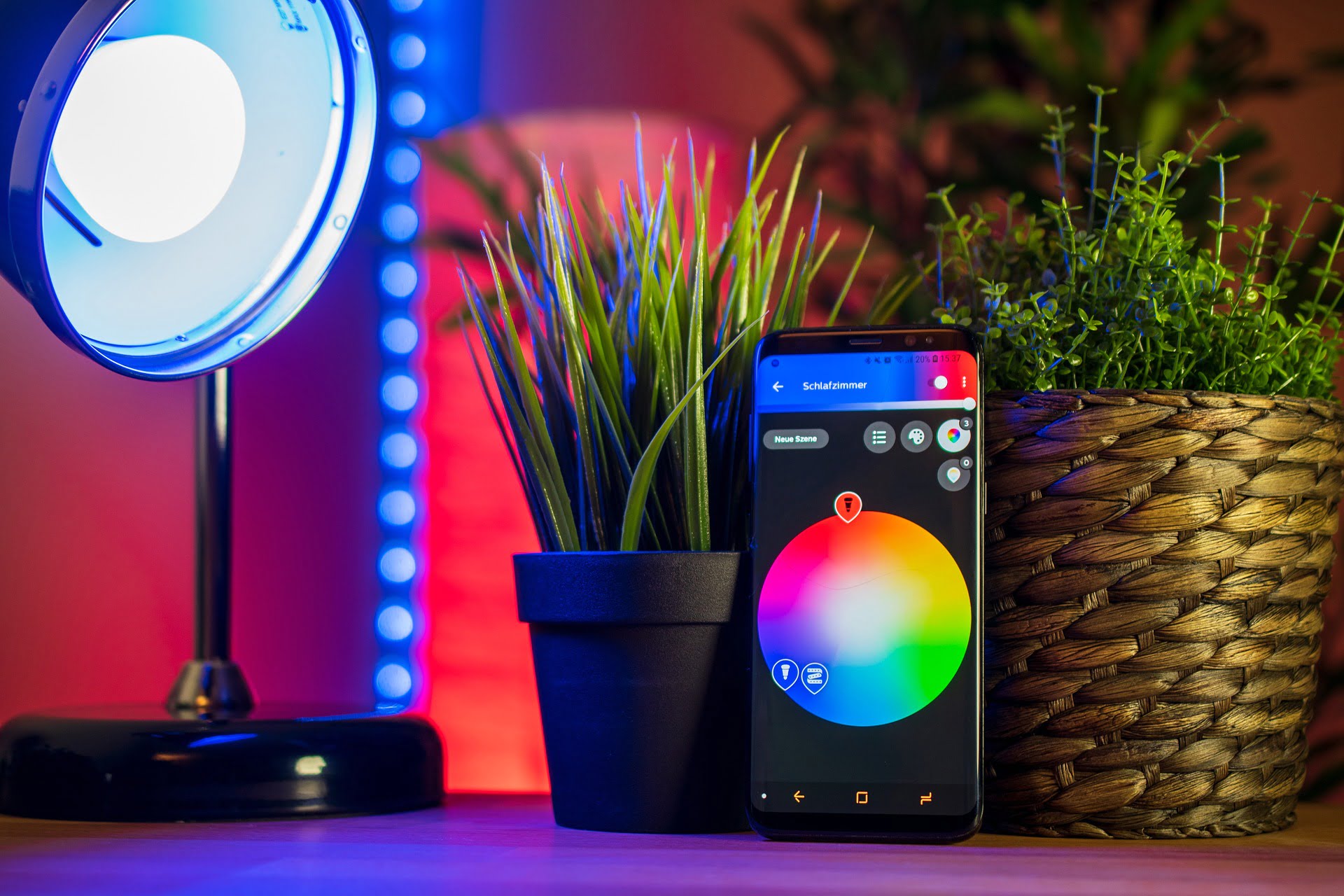Technology has transformed every aspect of our lives, and healthcare is no exception. In recent years, smart home technology has emerged as a powerful tool for home healthcare providers, allowing them to monitor patients remotely and provide better care. From monitoring vital signs to managing medication, smart home tech is revolutionizing home healthcare and improving the overall quality of life for patients.
Remote Monitoring
One of the most significant benefits of smart home technology is remote monitoring. With the help of sensors and other smart devices, healthcare providers can monitor a patient’s vital signs, including heart rate, blood pressure, and oxygen levels, from the comfort of their own home. This allows for early detection of any potential issues, allowing for timely intervention and prevention of serious health complications.
Medication Management
Smart home technology is also changing the way we manage medication. Medication adherence is a crucial aspect of healthcare, but it can be challenging for patients to keep track of their medications and take them on time. Smart home devices, such as pill dispensers, can remind patients when it’s time to take their medication, and even dispense the appropriate dose. This can improve medication adherence and ultimately lead to better health outcomes.
Fall Prevention
Falls are a significant risk for many patients, particularly older adults. Smart home technology can help prevent falls by monitoring movement patterns and alerting caregivers if there are any sudden changes. For example, if a patient falls or experiences a sudden change in movement, sensors can detect the change and send an alert to a caregiver or emergency services.
Improved Quality of Life
Finally, smart home technology is improving the overall quality of life for patients. By allowing patients to stay in their own homes, surrounded by familiar surroundings and loved ones, smart home technology is reducing the need for hospitalization and institutional care. This can improve mental health and wellbeing, and ultimately lead to better health outcomes.
Conclusion
Smart home technology is revolutionizing home healthcare by allowing healthcare providers to remotely monitor patients, manage medication, prevent falls, and improve overall quality of life. As technology continues to advance, we can expect to see even more innovations that will transform the way we approach home healthcare.






